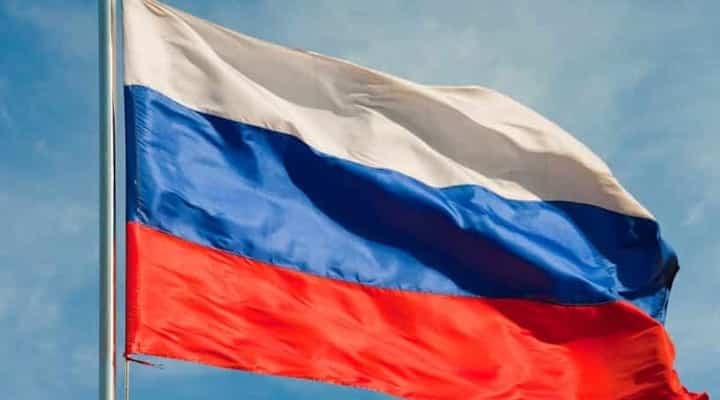As the tension between Ukraine and Russia is intensifying, volatility is expected to increase in global markets. The EU upped its sanctions on Russia, cutting 'selected banks' from SWIFT.
Belarus may be next in line for assisting Russia in its war with Ukraine. Unconfirmed reports from Ukraine are suggesting Belarus is joining the war with forces preparing to join the invasion.
When such geopolitical events take place, the financial markets react in accordance. Managing the exposure in the FX markets may be more intensive in the upcoming weeks. Several forex brokers have already raised the margin requirements for forex trading .
There are 2 conflicting events in the market. The drums of war from Ukraine and the possibility of easing measures from central banks. The Fed stated that several rate hikes are expected in 2022, the first hike was expected to take place in March.
Due to the war and the potential side-effects of removing several Russian banks from SWIFT, central banks may be forced to dump their ambitions to hike rates and consider loose monetary policies instead.
Russian Nuclear Alert
At the time of writing, the Fed is expected to hike rates in March by 25bps (0.25%), a reduction of -25bps from the expected +50bps hike. During the 2008 financial crisis, central banks slashed rates in an unscheduled monetary policy statement.
There are reports of Russia considering transporting nuclear weapons to Belarus. The risk aversion may overshadow any efforts from central banks to cool the markets.
President Putin ordered nuclear deterrent forces to be fully prepared to launch when an order is given. Unconfirmed reports are suggesting that the transportation of 'heavy weapons' to Ukraine was halted due to the news.
Russia threatened on Saturday to pull out the new START treaty.
If there is some correlation between BTCUSD and the indices, as reports of Russian nuclear weapons hit the markets, bitcoin was immediately sold.
Below is bitcoin's reaction to the news.

source: tradingview
While managing the risk, further escalation may force the European Central Bank (ECB), Bank of England (BOE) and the Fed to act. Depending on the market in the next couple of weeks, monetary policies may be altered prior to the official date.
At the time of writing, in the event the Fed hints that it may remain on hold in March, it may be sufficient to temporarily calm the markets if QE measures are initiated. The ECB may face greater challenges as US banks are less exposed to Russia when compared to European financial institutions.
Significant FX Intervention Risk
When the Swiss National Bank (SNB) pulled the rug on the EURCHF floor (1.2000) many brokers were affected. In an event of an escalation, safe-haven flows into CHF may be met with severe action from the SNB.
Further appreciation of the Swiss Franc (CHF) may increase the odds of a moderate FX intervention. A new floor for Euro Swiss cannot be ruled out if further escalation is noted.
Such an event must be prepared for. In 2015, Alpari UK filed for insolvency due to the SNB. FXCM clients reached a loss of $225 million, which forced the broker to take a $300 million loan.
In past FX interventions, the SNB preferred USDCHF and GBPCHF.
Crude Oil Embargo
The EU and the US did not target Russia's crude oil and gas. Calls for a crude oil embargo on Russia fell on deaf ears. Many European countries are dependent on Russian oil and natural gas.
Placing an embargo on one of the world's biggest oil exporters may have severe consequences. However, on 2 March the EU will present its strategy to reduce dependency on Russian energy. The plan may take several years to implement, one of the possibilities is to stock natural gas in the summer to prevent shortages in the winter.
Japan announced that will provide Liquefied Natural Gas (LNG) from April to the EU. Japan is a large LNG importer, some of its imports will be routed to Europe next month.
In terms of risk, Russia may announce it is cutting its gas supply to Europe in retaliation to the sanctions. Such a statement may send ripples through the energy markets.
According to the latest reports, China may step up and buy oil from Russia in an event of a crude oil embargo.
Despite the peace talks which Ukraine has agreed to conduct, the weight of the sanctions may force Russia to react by limiting its exports to Europe. The volatility in the energy markets may be significant although temporary.


















